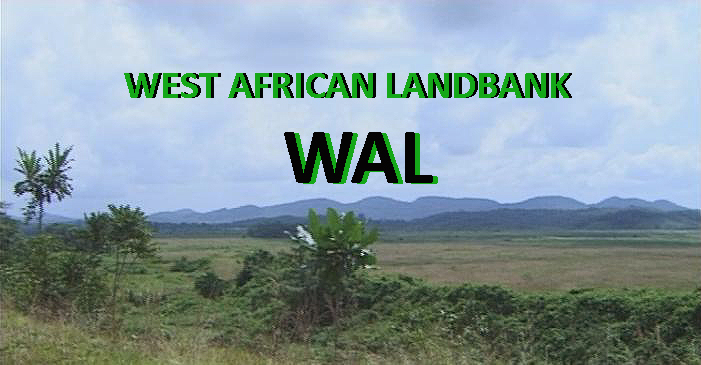Africa can no longer accept investment with “quick belly filling” arguments. So far the hungry belly
was the reason to accept deals without understanding the future effects. Asian and Indian economies are expanding rapidly
and they are in demand of what Africa has to offer: land behind “the last frontier”. But also Europe and the US need this
black gold of Africa.
The need for agricultural land in Asia, India, Europe and the USA are beyond availability at home.
Therefore the “run for land” has started, just like the “scramble for Africa” in the 19th century. The Indians and Asians come from the east
while the Europeans and Americas are approaching from the west. They all have one thing in common – feedstock security for their own people
at lowest possible conditions.
FAO estimates that developing countries need an additional $30 billion per year investment to double food production by
2050 (needed to feed growing populations and ensure basic right to food). Most recent estimates are even higher.
Public investment resources are limited by budgetary pressures and official development assistance to agriculture has
been declining over many years. The private sector in developing countries has tended to have little capacity to fund
investment. International investments therefore have a potentially important role to play.
Not surprisingly, the apparently anomalous situation of food insecure, least developed
countries in Africa selling their land assets to rich countries to produce food to be repatriated
to feed their own wealthier people has attracted substantial media interest. It has also attracted
international concern more generally, including at the recent G8 agricultural ministers’
meeting. Some argue that these investments could mark the beginning of a fundamental
change in the geopolitics of international agriculture.
What happened with mining should not happen with agriculture. In the last decade China invested a lot of money in Africa to claim its
stake in mineral resources. Some years ago the president of China made a charm-offense-visit with cash & carry presents to the
leaders of Africa. In the slipstream many Chinese companies made the deals of their life. They got mining concessions and assignments
for the improvement of infrastructure, and many building contracts. Then the Chinese workers came and only few jobs left for the Africans.
When leasing land for food security there MUST come guarantees for jobs, social programs and sales of 30% of all products to the local market.
From the future export profits Africa should also get a fair stake. It can not be like in the past when the colonist came, grabbed minerals for
almost nothing, exported the raw material and made exorbitant huge profits producing half fabricates. How is it possible that
foreign multinationals still make more annual profit than a whole countries GDP where they get their raws from? In total we talk about trillions.
With these trillions the economic prosperity abroad have been founded and Africa remained poor, underdeveloped and undereducated. IT HAS TO STOP!
For the sake of the future generation, the African people will refuse to simply accept these deals any longer for the sole reason to fill
the empty stomach. There must come structural and sustainable change. Africa straited its back because
its huge quantities of agricultural land holds the power to bring hard conditions on the table. Africans no longer accept cheap
labor and cheap manufacturing processes for export if Africa does not have a substantial part in the full profit chain.
With that in mind, the West African Landbank will advocate fair lease prices and holds a sharp eye on international developments to secure
the interest of the people of Africa and its future generations.

